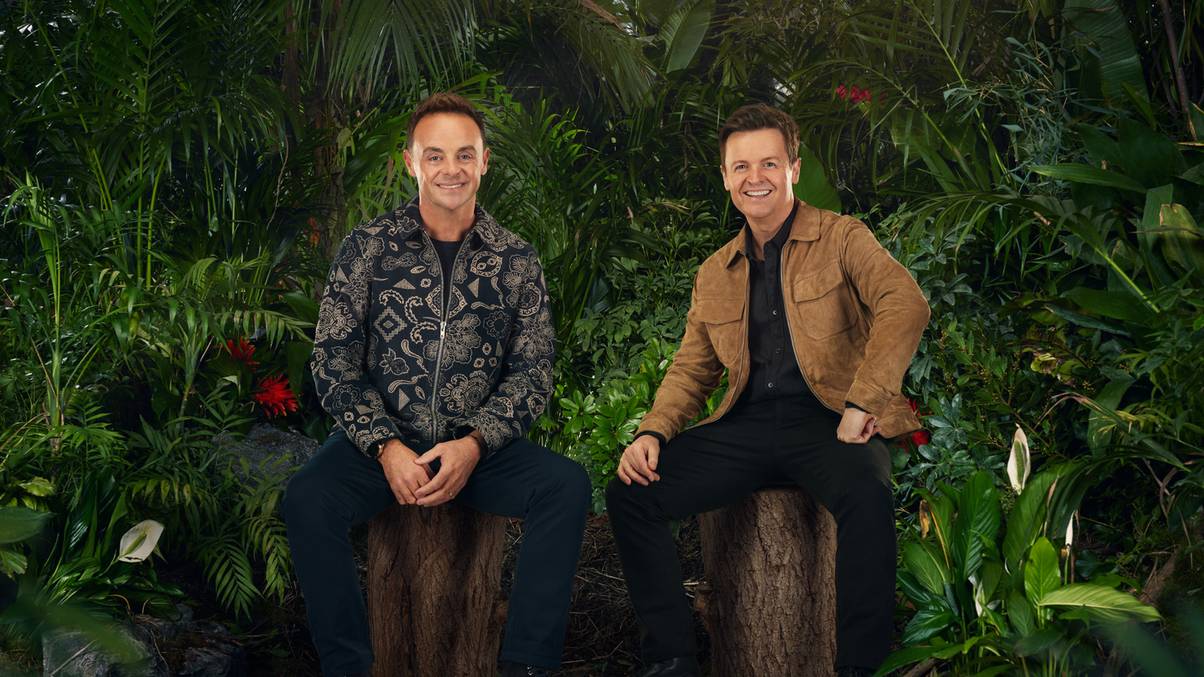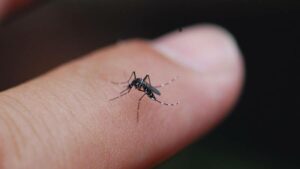Inside the Predator’s Mind: How Cold Calculation and Patience Enable the Hunt for Vulnerable Children
Ever wonder how predators pick their “targets” with such chilling precision? It’s like they have a sixth sense—spotting vulnerability quicker than you can say “red flag.” And here’s the kicker: they’re not just after the kids; they’re working the adults too, slipping in as the helpful neighbor, the trusted coach, the babysitter who seems too good to be true. It’s uncomfortable, sure. But tuning in to what these predators reveal about their own tactics? That’s our secret weapon to really safeguarding our children. Because “stranger danger” is old news—93% of abuse happens from folks we know and trust. So let’s get savvy, start the tough talks early, and pay attention—those little signs are screaming if you’re just willing to listen. Ready to dig deeper? LEARN MORE.

It may be uncomfortable, but listening to child predators is one of the most powerful tools we have to protect our kids.
When investigators interview convicted predators, chilling patterns emerge: they are calculated, patient, and skilled at identifying and grooming vulnerable children—and families.
Predators often say they can spot an “easy target” in minutes. They look for kids who are unsupervised, isolated, or craving attention. But they also groom adults—parents, teachers, coaches—anyone who stands between them and the child. They appear helpful: offering rides, babysitting, or volunteering. The more trusted they become, the more access they gain—and the less suspicious they seem.
Grooming is rarely obvious. It looks like gifts, special attention, or favors. Predators manipulate slowly, earning trust until boundaries are easy to cross.
93% of child sexual abuse is committed by someone the child knows and trusts. “Stranger danger” isn’t enough. We must talk about boundaries, secrets, and safe adult behavior.
Here’s how to use what we’ve learned:
• Teach kids they never have to keep a secret about their body—even if it’s someone they love.
• Talk early and often about safe vs. unsafe touch and reinforce that no adult should ask a child to keep secrets from parents.
• Set boundaries with all adults—not just strangers.
• Watch for adults who push for alone time or dismiss your concerns.
• Foster open communication at home—kids should know they can tell you anything.
• Trust your gut. Predators count on adults ignoring red flags.
This isn’t about fear—it’s about awareness.



















